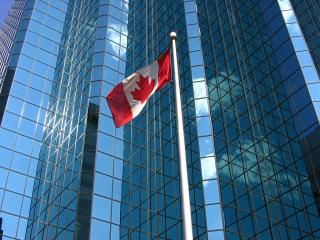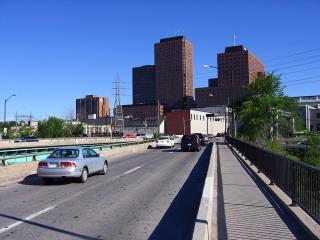The way my Nokia 6275i stores text messages is very stupid. To begin with, it can hold 100 of them. Whether the internal memory (32 megabytes) is completely full or empty, that is the number. The message “hi” uses up a slot, just like any other message would. If you can use the internal memory for photos or videos or ringtones, why can’t you use it for text messages? 32 megabytes is enough for several novels worth of text.
Also ill considered is how it deals with the limit. You have three choices. You can set up the phone so that, once it is full, it explains this fact to you whenever someone sends you a message, which it does not store. Alternatively, you can tell it to automatically delete messages from your inbox, sent items, or both. If you set it to overwrite inbox, it slowly fills with sent messages, until you have 99 messages in the sent folder and can only keep one in your inbox at a time. If you set it to overwrite sent items, the converse occurs. If you set it to overwrite both, it lets the inbox fill while still deleting all sent messages. Keeping at least the last five of each would be far more sensible. Often, you send someone a message and – an hour later – get a response that only makes sense if you still have (or still remember) exactly what your original message said.
If you want to ensure that a particular message not be deleted, you can put it in your ‘archive.’ It still uses up one of your 100 slots, but at least it will not be deleted by the over-writing algorithm.
Finally, if anyone sends a message of more than 160 characters, it just deletes all the text beyond that. Every Nokia phone I had previously would split overly long messages into multiple versions. With this phone, written conversations with some people take on the feeling of reading a heavily censored CIA document.
To Nokia’s software engineers: please try to be less obtuse in how you design the critical functions of your phones. Those of us who send more than thirty text messages a day consider it a key feature. A few sensible changes will leave your customers a lot less annoyed.




